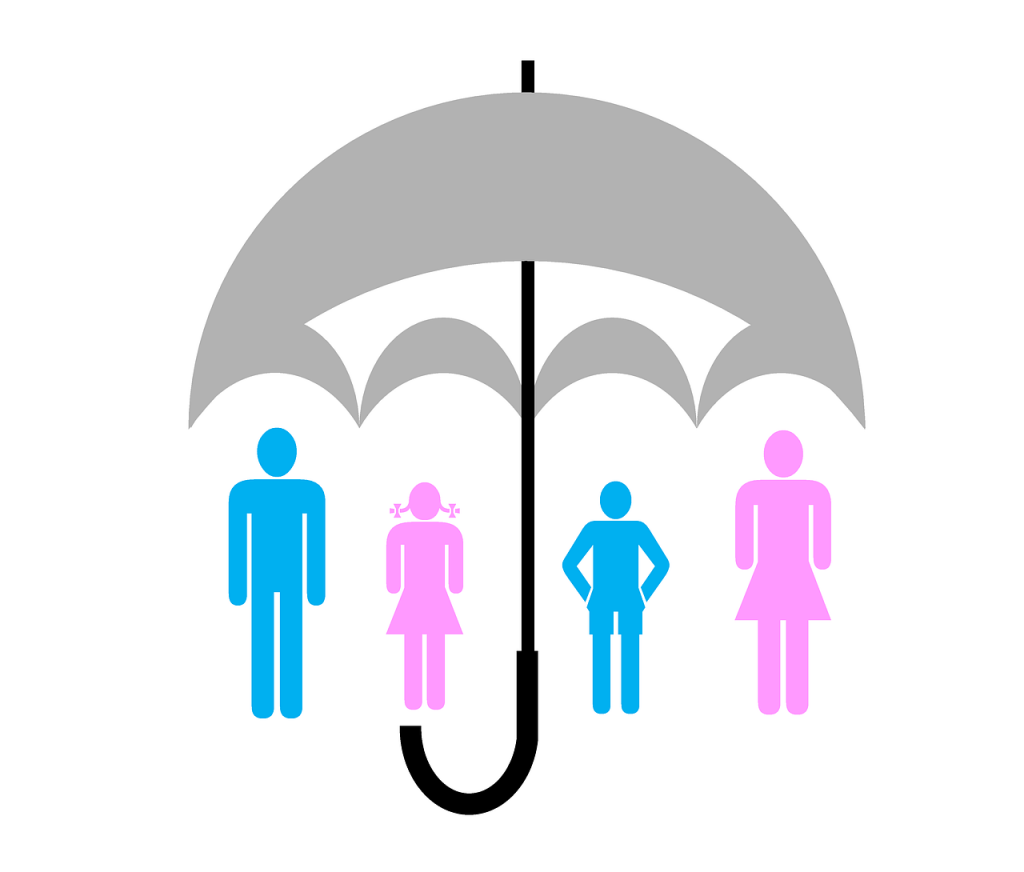Health insurance costs continue to rise because of high deductibles and insurance premiums. Even though most Americans rely on subsidized policies, medical treatment continues to cause bankruptcy and other financial troubles in many regions. Understanding the different elements of your plan before you sign up for it can make you better prepared, in case you need it any time in the future.
One of the key components you need to understand early on is the process of deductibles. Many of you may be familiar with the term from home and auto insurance, but it can be complicated to know how deductibles work in health insurance.
In this blog, we will guide you about health insurance deductibles, their role in health insurance policies, and how health insurance deductibles work. We will also share the different types of deductibles and how they can affect a policyholder.

Without further ado, let’s begin!
What is a health insurance deductible?

A deductible on health insurance is the amount of medical cost that you have to pay before your insurance coverage begins. It is the amount of money that you pay out of your pocket before you can claim on your covered expenses.
The amount of deductible you pay depends on the type of your insurance plan and the coverage benefits. The deductible amount is usually determined when you sign up for a plan during the enrollment period. It continues to be in effect for one year until you renew or enroll again.
Some policies may require a separate deductible for some services, and may not need a deductible at all for others. Here is a list of the services that does apply to deductibles:
- Hospital stays
- MRIs and CAT scans
- Laboratory tests
- Medical devices
- Surgeries
- Doctor costs exceeding copays
The amount you pay for deductible correlates to the amount you pay for your insurance premium. In general, a higher premium results in a lower deductible, and vice versa.
How does health insurance deductible work?
A deductible is a concrete dollar amount (for example, $1,000) that you pay out of your pocket in case you develop an illness or need medical treatment. After you have met the deductible amount, that is when your health insurance kicks in for further treatment.
The ACA or Obamacare created some exemptions by offering preventative-care procedures without cost-sharing. It includes services like annual checkups, immunizations, and certain diagnostic exams. You will receive these services regardless of whether or not you have reached the deductible.

Types of health insurance deductibles:
Health insurance deductibles come in three different forms depending on the type of insurance plan. It is necessary to understand each one of them so that you can choose the right one for yourself.
- Comprehensive deductible: The comprehensive deductible applies to all medical coverages covered in your insurance plan. The insurance coverage takes effect once you have met the deductible amount.
- Non-comprehensive deductible: The non-comprehensive deductible applies to specified medical expenses and exempts others. The coverages without deductibles are listed in each plan. Before you finalize your plan, check to see if they are beneficial to you.
- Cumulative deductible: Cumulative deductibles are usually linked with family health insurance plans. For any family deductible, once each member of the family has cumulatively paid the amount, the deductible is considered to be met.
You can get further information about policies and deductibles from major health care services like the US Health Group Insurance, other similar providers, or the official US government website.
The need for health insurance deductibles:
There are several reasons why health insurance companies need deductibles. Here are a few of them:
It eliminates small claims:
The main purpose of an insurance plan is to cover catastrophic losses that could ruin a business or an individual financially. If companies process each claim, small and large alike, the processing costs would, in most cases, constitute a large percentage of the claim. Hence, the policyholder pays deductible to eliminate small claims and keep the premiums affordable.
Moral hazard:
The policyholder may sometimes do little to prevent damage or loss because of insurance. Without a deductible and financial risk, the burden of expenses shifts to the insurance provider. Deductibles help to reduce such moral hazards because the policyholder will share the loss in the form of deductible. Both the insurer and the insured will try to mitigate catastrophic losses because of the deductible and insurance coverage.
It divides the burden of loss:
A deductible provides stability to the insurer because the insurance provider does not have to pay solely for any loss. Without a deductible, it would be the insurer’s responsibility to pay the cost of every minor claim. This will not only increase the number of claims but also destabilize the entire policy. It will also make it difficult for insurance providers to respond properly to genuine claims.
Conclusion:
Health insurance plans have deductibles to ensure that the insurance provider and policyholder share the loss. It also provides financial stability to the company and the policyholder.
Author Bio:
 About Ashley Rosa: Ashley Rosa is a freelance writer and blogger. As writing is her passion that why she loves to write articles related to the latest trends in technology and sometimes on health-tech as well. She is crazy about chocolates. You can find her on twitter: @ashrosa2.
About Ashley Rosa: Ashley Rosa is a freelance writer and blogger. As writing is her passion that why she loves to write articles related to the latest trends in technology and sometimes on health-tech as well. She is crazy about chocolates. You can find her on twitter: @ashrosa2.
